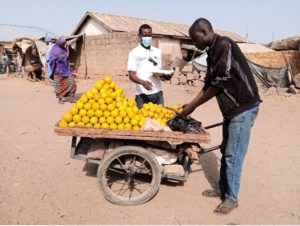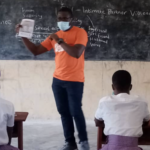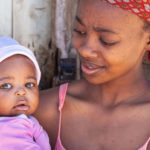BUILDING DURABLE SOLUTION THROUGH CASH-FOR-WORK
AN IHANN SUCCESS STORY
The ongoing humanitarian crisis continues to impact the socio-economic opportunities and livelihoods of people. Banki, a commercial hub known for its buoyancy on the edge of the Nigeria-Cameroun border in Bama LGA of Borno State, is now surrounded by destroyed homes with the majority of its people displaced. The town hosts many Internally Displaced Persons (IDPs) and returnees who still struggle with the brunt of the twelve yearlong crises – unable to bounce back. Many of the residents depend solely on humanitarian assistance for survival; an approach that is not sustainable as security improves and more people return to their original LGAs. Activities that build resilience are required to support IDPs struggling to start and sustain themselves.
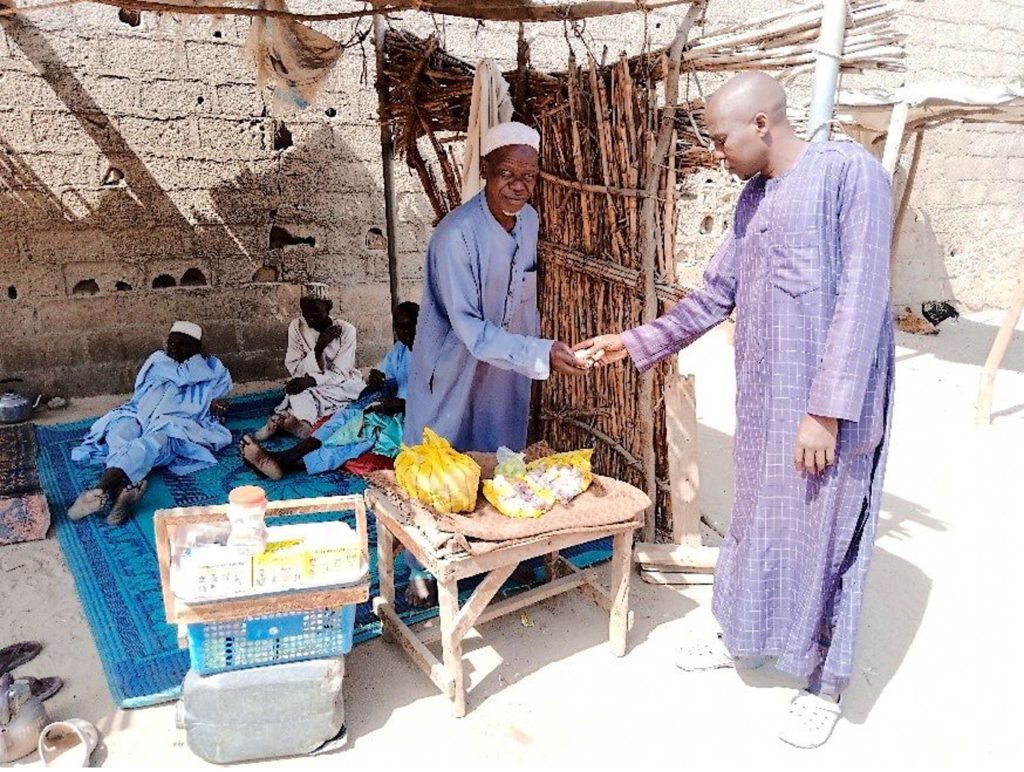
Continuing on the gains of previous IHANN interventions, FHI 360, aside from providing life-saving services, is restoring hope through its cash-for-work activity.
Ari Kachallah, a 53-year-old man from Buduwa village who has resided in the Banki IDP camp for over six years, was one of many beneficiaries of the cash-for-work intervention.
Ari, like many others, worked daily desilting old and constructing new drainages to mitigate the effect of flooding in their environment.
“I was a Kola-nut trader, selling 100,000 naira worth of Kola-nuts weekly in the past,” he recalled. “I fled with my family to Banki for safety at the peak of the crisis.”
From cash-for-work income, Ari returned to his Kola-nut business. He has set up the business alongside his wife, who runs hers from a different location. Both, generating more cash to augment the assistance from NGOs. Restoring their dignity, improving their income and resilience.
“Alhamdulillah. I am grateful to the FHI 360 team for granting me this opportunity and coming to my aid.”
Mallam Abba, another cash-for-work program beneficiary, sells fruits from a wheeled cart to provide for his family.
He said, “I depended solely on food distributed by NGOs for nearly six years. Within the IDP camp, I actively volunteered to maintain the latrine facilities. FHI 360 recognized my hard work and dedication and selected me for the Cash-for-Work activity. From the earnings,
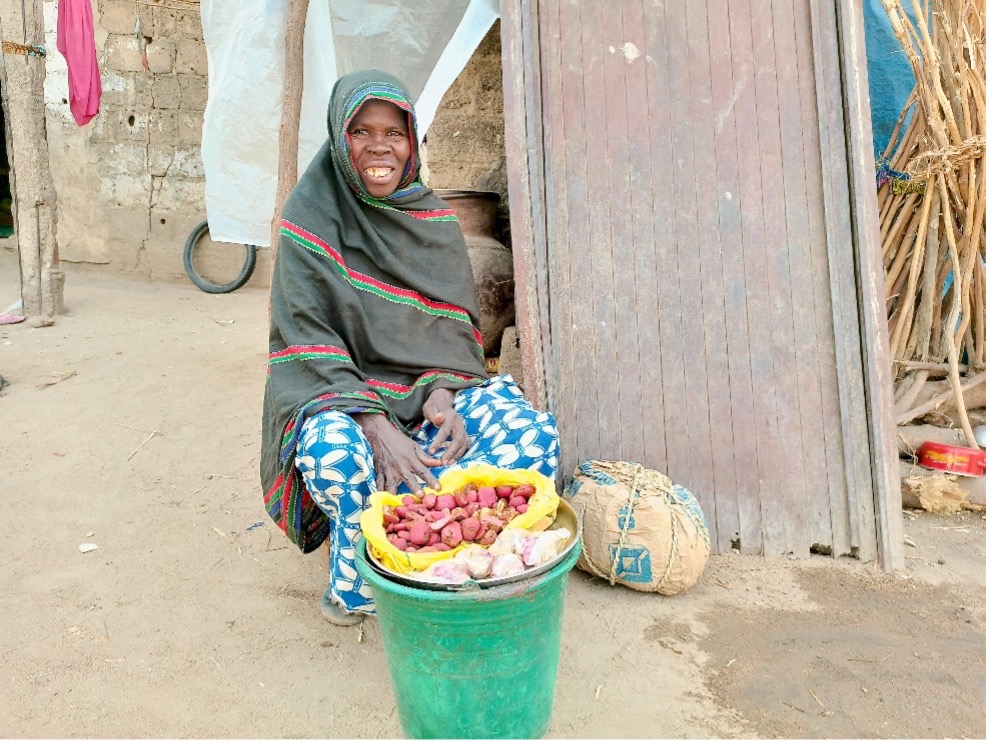
I took about 5,000 naira and started an orange business next to my tent. But the business was slow, so I decided to rent a wheelbarrow and move around with the oranges. My sales have increased, and my business expanded. I currently sell carrots and watermelons in addition. I’m proud of myself. I appreciate FHI 360 for launching a program like this to assist people. It has helped reduce people’s suffering while keeping the environment clean.”
A similar intervention was conducted in Ngala. One of the beneficiaries, Jidda Mohammed from the IDP camp, confirmed that the cash-for-work stipend contributed to his family’s source of livelihood. “My wife started petty trading with the money I received from the cash-for-work. And the business is growing day-by-day,” Jidda said.
In IHANN III, 40 beneficiaries were selected and engaged in mitigating the effect of flooding in Banki and Ngala, receiving a daily token of one thousand, five hundred (1,500) naira for eight weeks. The cash for work activity minimized the breeding of vectors like mosquitoes within communities and reduced malaria cases among IDPs. Aside from mitigating flood and diseases outbreaks, the cash-for-work activity also contributed to beneficiaries’ source of income.
It is one of IHANN’s numerous unique interventions undertaken in which qualified persons participate in community environmental cleanliness in exchange for a token. Cash-for-work also contributes to restoring the dignity of displaced and vulnerable individuals in Banki-Bama and Ngala.
IHANN intervention is made possible through the support of the USAID’s Bureau for Humanitarian Assistance (BHA).
